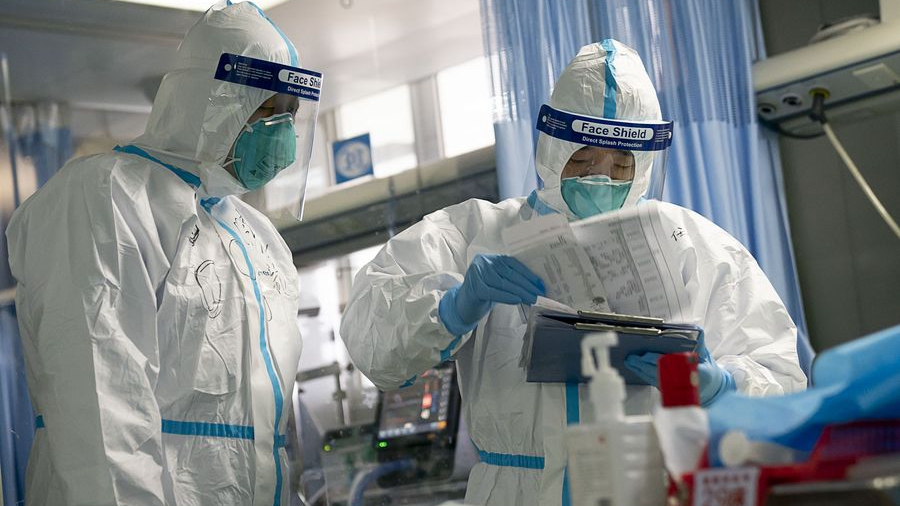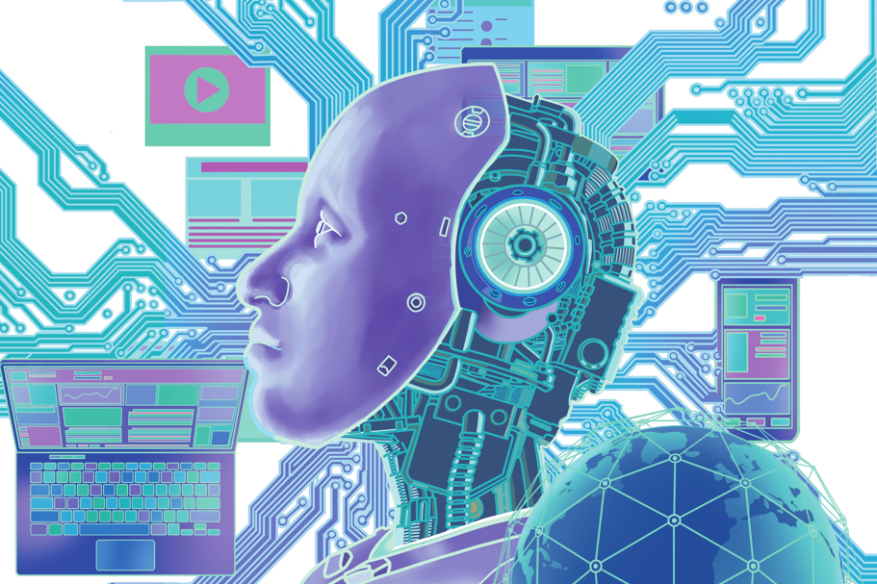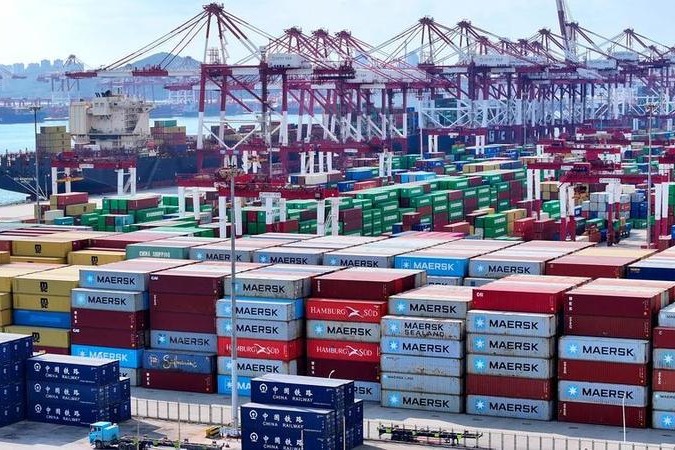Globalization a must, despite the risks


Throughout the history of human civilization, society has regarded infectious disease as a major threat to its existence.
And development of transport facilities, easing the flow of population between different countries and between different regions within a country in today's modern world, has also led to faster spread of infectious diseases.
The reform and opening-up that began in China in 1978 helped it, thanks to its embrace of economic globalization, to become the world's largest exporter and second-largest importer. This resulted in large-scale population flows between China and the rest of the world for trade, education and tourism.
Such modernization and globalization have also exposed China, and the world, to risks, the latest one being the novel coronavirus that first broke out in Wuhan, Hubei province. In a short time, the virus has spread to 23 countries, with all confirmed cases having stemmed from someone who had traveled to or from China.
However, we are looking at just one side of the coin. One cannot ignore the other side of economic globalization, the global prevention and control measures being undertaken to arrest the infectious disease. Countries, such as Belarus, Japan and the Republic of Korea, have sent experts or donated emergency materials to China. Modern technology and the modern social system have also increased the effectiveness of epidemic control measures.
For example, electronic thermometers have simplified the process of identifying when a person needs further medical care and modern medicine has hastened the treatment of those who are infected.
At the same time, the introduction of passengers' real names on train tickets makes it easier to identify fellow passengers of someone later found to be infected by the virus and helps control the epidemic from spreading.
There is no need for excessive panic in the face of the risks of infectious diseases in this era of globalization. We should instead look at the problem dialectically. On the one hand, we need to understand the advantages brought in by development and the modernization of science and technology, and on the other hand the fragility of the modern social system.
We need to realize that while development exposes us to new forms of risks that did not exist in traditional society, it also plays a key role in the development and progress of society as a whole. On weighing the pros and cons of risks in a developed society and that in a traditional one, we realize that development is much needed. We can't just throw the baby away with the bath water and go back to being a traditional society just because of the risks involved.
-WANG KENAN, GRADUATE STUDENT OF HISTORY, UNIVERSITY OF BUCHAREST


































